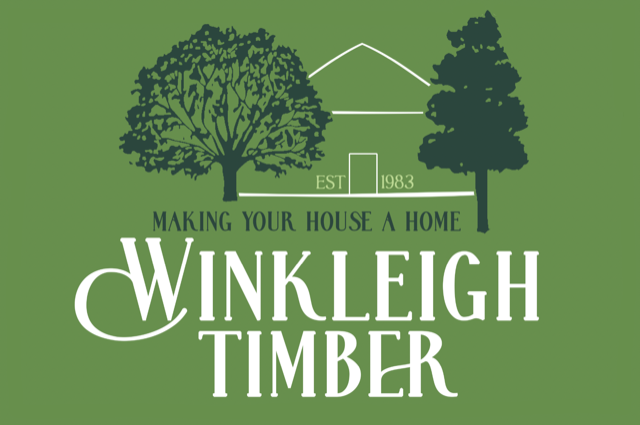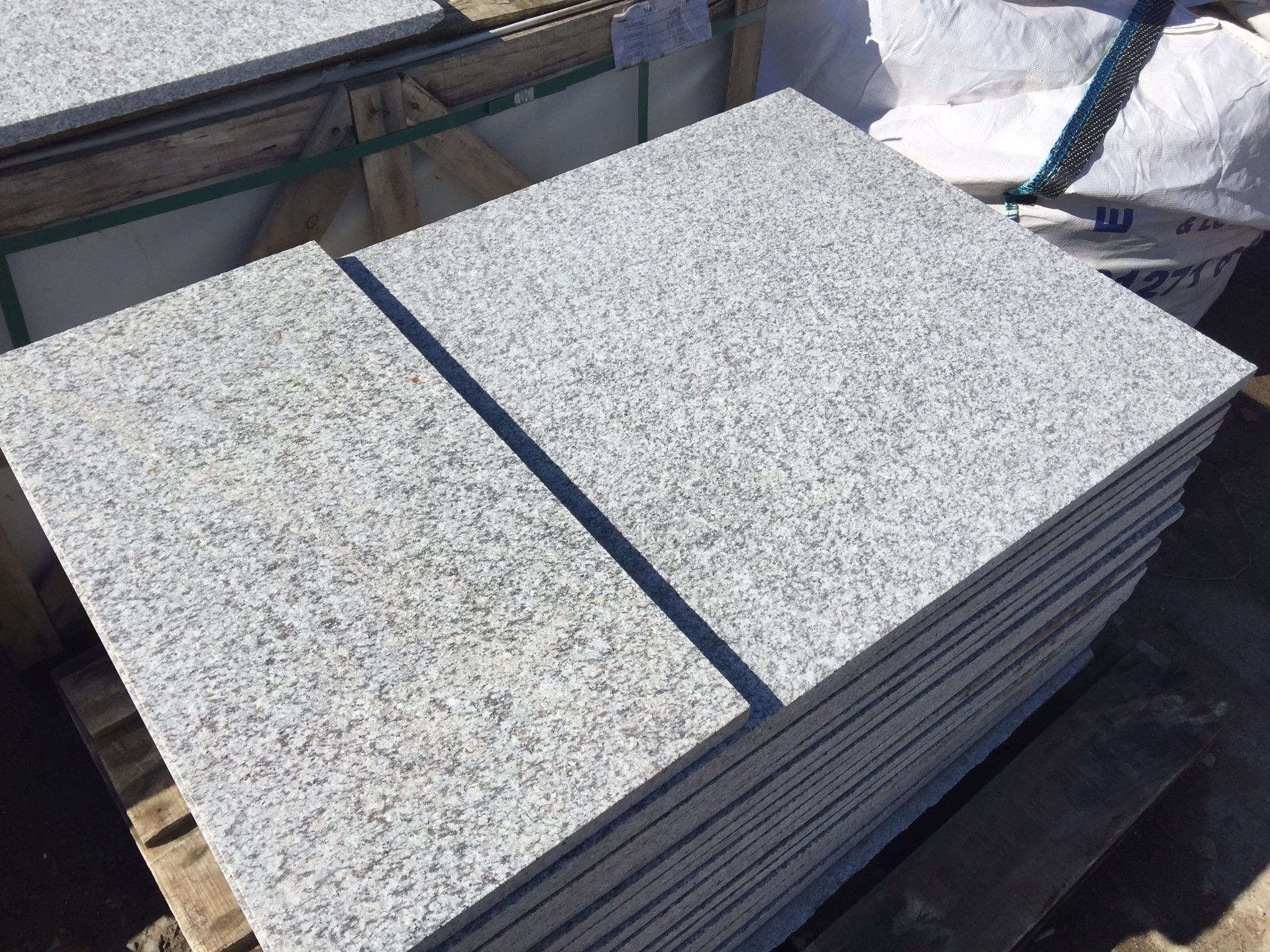When it comes to choosing the flooring in your home, you may find yourself overwhelmed with options. One increasingly popular choice is natural stone, particularly granite, prized for its striking appearance and hard-wearing qualities. Here are some of the pros and cons of granite flooring.
Pros of granite flooring
Aesthetically-pleasing and naturally beautiful
One of the undeniable benefits of granite is its appearance. Granite’s distinctive grey and black mottling is much sought-after and often imitated in synthetic substitutes, but these never really compare. Granite is available in a range of shades of greys, blacks, pinks, blues, and browns and with varying natural patterns. A classic grey granite floor can suit almost any aesthetic, from traditional to contemporary.
Durable and copes with foot traffic
Natural stone like granite is a great choice for high-traffic areas, such as the kitchen, the hall, and the bathroom because it is so durable. Granite is harder than marble, can withstand very heavy loads and its colours won’t fade when exposed to sunlight. Other materials may soon degrade, fade, or warp if they are being frequently walked on.
Resistant to moisture
When properly sealed, granite can be very resistant to moisture, which means it can be a good choice for bathrooms or homes where moisture is an issue. Part of the reason for granite’s moisture resistance is that it isn’t very porous and will not absorb water like other materials, but it will still need sealing properly. If granite flooring is used in a bathroom, it should be installed with a proper non-slip finish.
Low maintenance
Another advantage of granite flooring is that it is low-maintenance. To maintain a granite floor, it only needs wiping down with soap and hot water. Because granite isn’t very porous, it doesn’t absorb dirt unlike many other flooring materials, which will require a more thorough clean. Water spills shouldn’t be an issue due to granite’s water-resistance, but any oils, acidic liquids, alcohol or coffee spills should be cleaned up immediately to prevent etching.
Cons of granite flooring
Can be a more expensive option
One of the downsides of granite flooring is that it can be a more expensive option, especially compared to synthetic options. However, as the old saying goes, you get what you pay for, and granite alternatives or substitutes will not have the natural durability, aesthetics or water-resistance of the real thing.
Can feel cold underfoot
Another con of granite is that it can feel cold underfoot, which may be unpleasant at colder times of the year. The flipside to this is that the cooling feeling might be quite welcome in some situations, such as when it is very hot and used either as patio flooring or in a sunroom.
Can become slippery if highly polished
A high-polish finish on a granite floor can further improve its stain resistance, but it can also make the floor slippery, which could be a hazard, especially if used in a bathroom. The right finish needs to be chosen based on where the granite will be used, rather than just its appearance.
Like all materials, granite flooring has pros and cons, but overall it is a great, all-round choice for the home, both indoors and out. It is one of the most durable materials available, so if longevity is an important factor for you, granite could be a good choice.
If you are interested in using granite in your home, you can take a look at our natural stone flooring options.
Back to news
